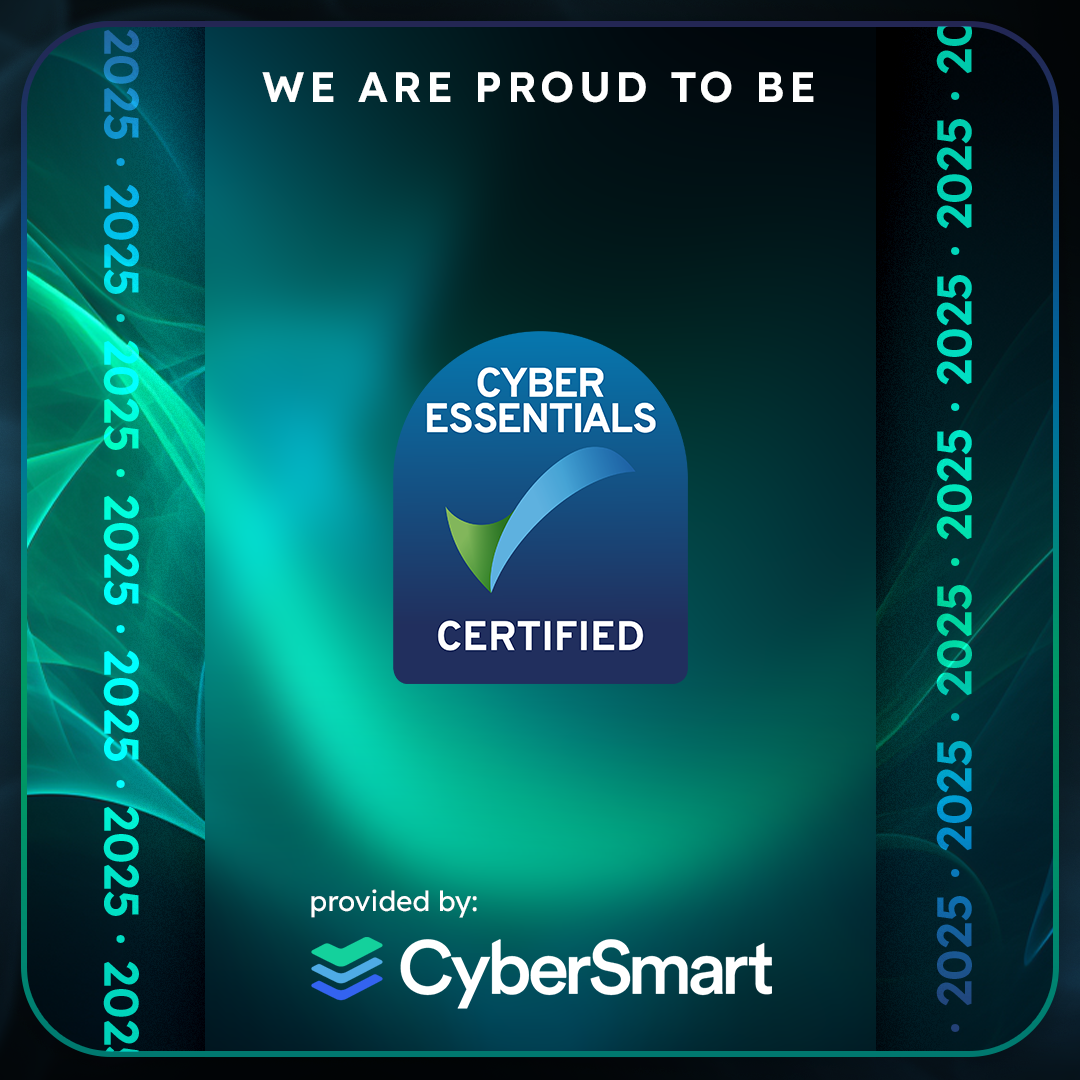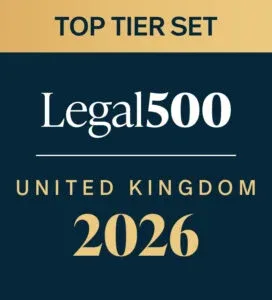Private Law Vaccination Specific Issue application – a new jurisdiction?
So, your client comes to you with this problem: She has care of her child, but she is being told by the other person with parental responsibility that they do not agree to the child receiving a standard vaccination, which every other child in their class is going to be getting via the Schools Vaccination Programme.
You know that your client will have to issue a Specific Issue Order application under section 8 of the Children Act, 1989, by way of C100 application form. But, what level of judge will you need to deal with this matter? Are there any steps your client should take before issuing? What is the relevant case law to consider? For my answers to these questions: read on.
Why do you need a court order at all?
Both parents have parental responsibility for the children. By section 2(7) of the Children Act 1989:
'where more than one person has parental responsibility for a child, each of them may act alone and without the others in meeting that responsibility; but nothing in this Part shall be taken to affect the operation of any enactment which requires the consent of more than one person in a matter affecting the child.'
At the turn of the 21st Century now discredited concerns about the combined MMR vaccine led to a number of high-profile disputes between those with parental responsibility who found themselves at odds over whether to vaccinate children. Re C (Welfare of Child: Immunisation) [2003] EWCA Civ 1148, was the appeal of the decision of Sumner J in Re C and F (Children) [2003] EWHC 1376, which followed a trial lasting 12 days, with evidence from a consultant paediatrician with a special interest in immunology, a professor of paediatrics and molecular infectious diseases, a GP/homeopath, and also from a psychiatrist in relation to one of the mothers. At the end of all this litigation, it was concluded that it was in each child's interests to receive vaccinations.
The Court of Appeal stated that where parents were in dispute about the immunisation of a child, neither parent had the right to make the decision alone. Vaccination was described as one of those:
“small group of important decisions made on behalf of a child which, in the absence of agreement of those with parental responsibility, ought not be carried out or arranged by one parent carer although she has parental responsibility under s 2(7) of the Children Act 1989. Such a decision ought not to be made without the specific approval of the court.”
What is the likely outcome of a contested hearing?
More recently, in Re B (A Child: Immunisation) [2018] EWFC 56 an eminent medical expert was instructed in the case. The judgment sets out each of the diseases and vaccinations and side effects, the father's objections, and the expert's responses. The Judge noted:
'In determining what is in B's best welfare interests the views of the parents should be carefully considered. They retain considerable importance in the balancing exercise. But they are not necessarily determinative. They are simply to be taken into account as part of the overall evaluative exercise.'
He considered section 1(3)(e) Children Act, 1989 'any harm which B has suffered or is at risk of suffering' as a particularly important factor in the ‘welfare checklist’, going on to note that there were no health contra-indications to the vaccinations, acknowledging that vaccinations carry risks, and that there are the risks that arise from contracting the diseases concerned.
At the end of this case the Judge concluded:
“I make it clear that my judgment is not a commentary on whether immunisation is a good thing or a bad thing generally. I am not saying anything about the merits of vaccination more widely. I do not in any way seek to dictate how this issue should be approached in other situations. I am concerned only to determine what is in B's best welfare interests.
That said, it is, in my judgment, appropriate to make the point that this is now the sixth occasion when the court has had to determine whether a child should be vaccinated in circumstances where a birth parent objects. On each occasion the court has concluded that the child concerned should receive the recommended vaccine…. With respect to the vaccines with which I am concerned, in the absence of new peer-reviewed research evidence indicating significant concern for the efficacy and/or safety of one of those vaccines, it is difficult to see how a challenge based on efficacy or safety would be likely to succeed.'
Put simply, if your client has a report from her GP setting out that there are no contra-indications in the child’s medical history to the proposed routine vaccine, then on the balance of probabilities the risk of catching disease will always be found to outweigh the risks associated with the vaccine. So, even though, in the absence of agreement, you have to apply for an order, the outcome (if the above circumstances are proved in court) is practically certain. This can be very frustrating for your client! However, at least you can now rely on recent case law to issue your application at a more proportionate level of tribunal.
In my view, two recent cases with respect to vaccination in the arena of public law are relevant to the issue of jurisdiction in private law disputes. In the context of making decisions about allocation of cases, the Schedule to the President’s Guidance on Jurisdiction dated 28th February 2018 refers to an application having to be commenced in the Family Division of the High Court “in medical treatment cases e.g. for novel medical treatment or life-saving procedures”. Traditionally, local authorities seeking to vaccinate a child in their care against the wishes of a parent with whom they share parental responsibility would issue an application in the High Court. However, in A Local Authority v M and others [2020] EWHC 220 (Fam), the Judge remarked that:
Vaccinations are not, in my view, properly characterised as “medical treatment”. They are a facet of public preventative healthcare intending to protect both individual children and society more generally…..'It is important to place applications for the authority to vaccinate in this spectrum [where judges in the Family Division are occasionally called upon to resolve complex questions of treatment which, quite literally involve life and death]. This is to confront the fact that they lie at the least intrusive end of the scale of intervention. I do not in any way intend to diminish the inevitable stress and anxiety that such vaccination will always carry for loving and responsible parents. But neither do I regard them as a 'grave issue' outside the scope of s 33(3) CA.” (that is able to be undertaken without court approval under the local authority’s overriding parental responsibility).
The Court of Appeal went on to consider this issue further in (Re H (a child) (parental responsibility: vaccination) [2020] EWCA Civ 664 and confirmed that “'standard or routine vaccinations cannot be regarded as being a “serious” or “grave matter”. After a comprehensive review of the path of the medical research on immunisation, which has confirmed time and again that ‘vaccinating a child in accordance with Public Health England guidance' is safe, the Judge did not mince her words:
“I do not share the inhibition felt by the judges in some of the decided cases in expressing the view that the scientific evidence now establishes that it is generally in the best interests of otherwise healthy children to be vaccinated . . . It follows therefore that in my judgment, an application to invoke the inherent jurisdiction or to seek an injunction with a view to preventing the vaccination of a child in care is unlikely to succeed unless there is put before the court in support of that application cogent, objective medical and/or welfare evidence demonstrating a genuine contra-indication to the administration of one or all of the routine vaccinations.”
The only inference to be drawn from this judgment is that in the absence of an individual contra-indication, any court will find that enrolling and keeping the child on the Schools Vaccination Programme is in their best welfare interests. Vaccination is no longer to be considered a ‘grave matter’.
So, what is the best approach to these applications?
My advice is to take it step by step:
- Obtain information about the proposed vaccine(s) from the NHS website.
- Obtain a GP report which addresses the issue of whether there are any health contra-indications to the proposed vaccines for the individual child involved. [If there is a contra-indication then you will need to take specialist medical advice which is not covered by this article]
- Download a copy of the comprehensive yet accessible Judgment in (Re H (a child) (parental responsibility: vaccination) [2020] EWCA Civ 664.
- In the absence of a health contra-indication for the child concerned, provide the information from NHS and GP and the Judgment in correspondence for the dissenting parent to consider.
- Invite the dissenting parent to accept the inevitable outcome of any future contested hearing and ask them to confirm in writing that they consent to the vaccine. [this letter can then be presented at the child’s school and GP surgery]
- If this does not work, then raise the issue of costs in correspondence:
- The court has made it clear that unnecessary private law application should not be brought to court (most eloquently in Re B (A Child) (Unnecessary Private Law Applications) [2020] EWFC B44)
- The court has the power to make an adverse costs order in children’s proceedings where the circumstances are unusual, for example where ‘the party’s stance has been beyond the band of what is reasonable’ (see paragraph 26 of Re S (A Child) [2015] UKSC 20)
- Opposing routine vaccinations in cases with no health contra-indication is an unusual stance and therefore you can put the other side on notice that you will be seeking a costs order at any future hearing and bringing the correspondence to the court’s attention.
- If this does not work, then you will have to issue your application for a Specific Issue Order, however, by that stage you will be very well prepared to do so and, as the Court of Appeal has stated that routine vaccinations cannot be considered a serious matter, you will not need to seek a higher level of court or judge to hear your application.
- If you have raised the issue of costs remember to prepare a N260 Statement of Costs and file and serve it at least 24 hours prior to each hearing.
This article by its very nature takes a generalised approach; for specialist advice on your individual case, please do contact our family clerks, Louise McCarty or Matt Rigby to arrange a conference with one of our Family Team









